Ms. Sadako Ogata, President of the Japan International Cooperation Agency (JICA), and Mr. Bill Gates, co-chair of the Bill & Melinda Gates Foundation, today announced a strategic partnership to ensure continued progress in the fight against polio. As the first step in this formal partnership, Ms. Ogata and Mr. Gates also announced an innovative financing agreement to support the polio campaign in Pakistan.
The announcement represents a significant contribution towards the goal of eradication of polio in Pakistan. Based on the Global Polio Eradication Initiative’s (GPEI) current cost estimates, this 4.9 billion JPY (approximately $65 million) Official Development Assistance (ODA) Loan[i] to the government of Pakistan will help ensure that polio eradication activities in Pakistan are financed through 2013.
“This partnership comes at a critical time for Pakistan and will help us achieve our shared goal of a polio-free world,” said Gates. “Japan’s remarkable commitment will benefit generations of children in Pakistan and throughout the world.”
Although polio has been successfully reduced by 99 percent worldwide over the past 20 years, Pakistan is one of four countries where polio transmission has never been stopped. A recent report by GPEI’s Independent Monitoring Board commended Pakistan’s heightened commitment to polio vaccination, yet with polio cases in Pakistan on the rise, the report warned that the country “risks becoming the last global outpost of this vicious disease, jeopardizing the global effort.”
At the launch of the National Emergency Action Plan 2011 for Polio Eradication in January, Gates commended the Pakistani government’s expressed commitment to eliminate polio and pledged to work closely with officials there to ensure success. President Asif Ali Zardari and Prime Minister Syed Yusaf Raza Gilani are leading the national effort and working closely with the WHO, UNICEF and Rotary International to ensure Pakistan meets the milestones set out in the National Emergency Plan 2011 for Polio Eradication.
Japan’s ODA loan will provide the country with funds for oral polio vaccine, immunization workers, and vaccination activities across the country and along the Pakistan/Afghanistan border. It will also involve working in partnership with stakeholders such as the World Bank for co-financing as well as the United Nations Children’s Fund (UNICEF) for vaccine procurement and the World Health Organization (WHO) for service delivery of the polio campaign.
Japan has been a long-standing donor to polio eradication and has funded initiatives and broader immunization in Pakistan since 1996. “We are delighted that JICA’s strong relationships with partner countries and valuable experience implementing a wide range of critical projects enable us to play a proactive role in harnessing innovation to benefit global aid delivery through collaborations with emerging private donors,” said Ms. Ogata. “We believe that JICA’s new Strategic Partnership with the Gates Foundation reflects JICA’s interest in playing a leading and catalyzing role in development issues.”
The loan is underpinned by an innovative financing approach referred to as a “Loan Conversion” mechanism. According to this model, the Gates Foundation will repay the credit to JICA on behalf of the Pakistani government if the project is successfully implemented. The aim of this mechanism is to support the government of Pakistan’s commitment to polio eradication without imposing a financial burden.
The Global Polio Eradication Initiative
The Global Polio Eradication Initiative is a public-private partnership led by national governments and spearheaded by the World Health Organization (WHO), Rotary International, UNICEF, and the US Centers for Disease Control and Prevention (CDC). Since 1988, more than 20 million volunteers have supported the Global Polio Eradication Initiative in its goal to end polio worldwide.
Japan International Cooperation Agency
The Japan International Cooperation Agency (JICA) assists and supports developing countries as the executing agency of Japanese ODA. In accordance with its vision of “Inclusive and Dynamic Development,” JICA supports the resolution of issues of developing countries by using the most suitable tools of various assistance methods, such as technical cooperation, ODA loans and grant aid in an integrated manner.
Bill & Melinda Gates Foundation
Guided by the belief that every life has equal value, the Bill & Melinda Gates Foundation works to help all people lead healthy, productive lives. In developing countries, it focuses on improving people’s health and giving them the chance to lift themselves out of hunger and extreme poverty. In the United States, it seeks to ensure that all people—especially those with the fewest resources—have access to the opportunities they need to succeed in school and life. Based in Seattle, Washington, the foundation is led by CEO Jeff Raikes and Co-chair William H. Gates Sr., under the direction of Bill and Melinda Gates and Warren Buffett.
For high resolution images and broadcast quality footage, please visit http://www.gatesfoundation.org/press-room/Pages/news-market.aspx.
[i] On August 15, 2011, Japan International Cooperation Agency (JICA) signed a Japanese ODA Loan Agreement with the Government of the Islamic Republic of Pakistan to provide a loan of up to 4,993 million yen for assistance for the Polio Eradication Project. The objective of the project is to optimize immunization of polio vaccine to children under 5 years, by procuring vaccines and providing services necessary for polio immunization activities, thereby contributing to the eradication of polio in Pakistan.
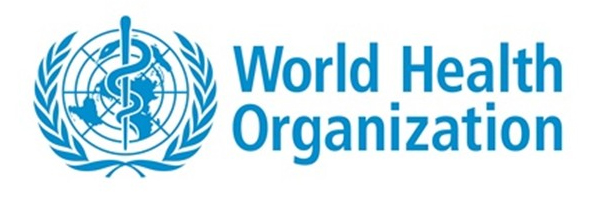

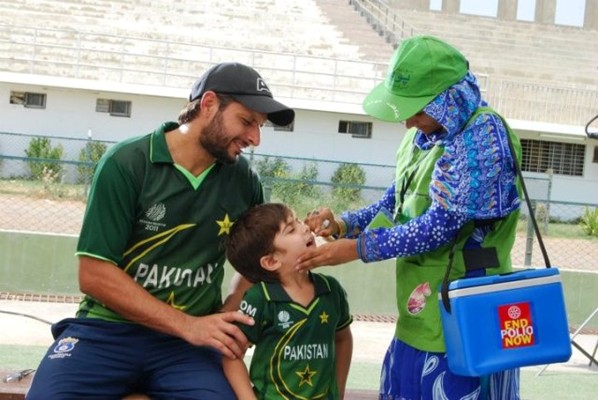

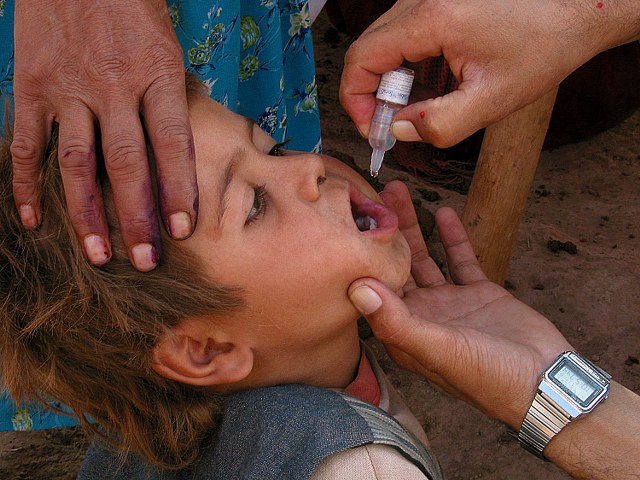
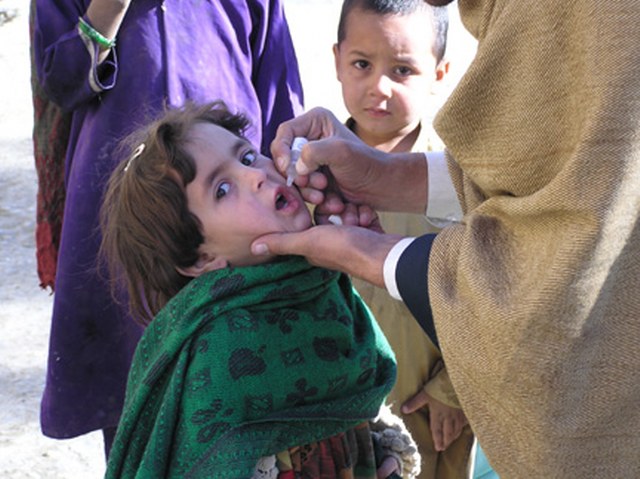
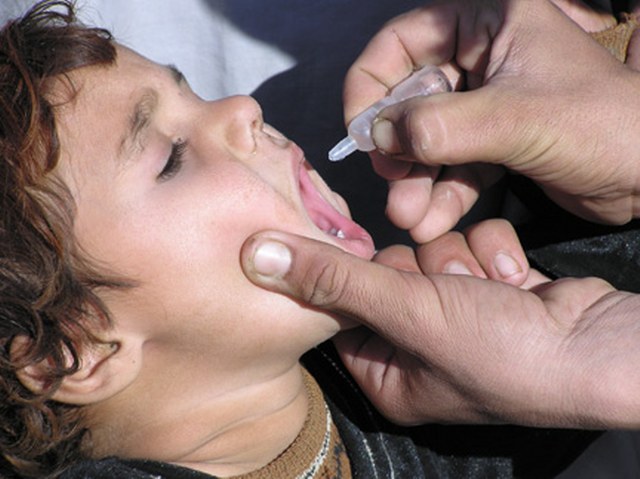
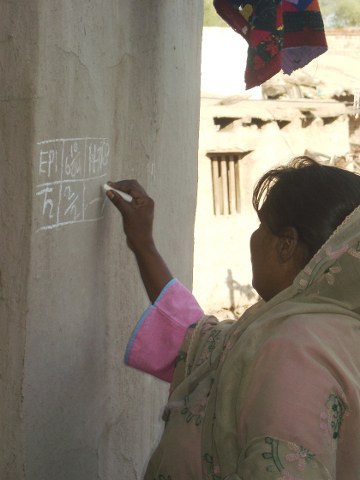
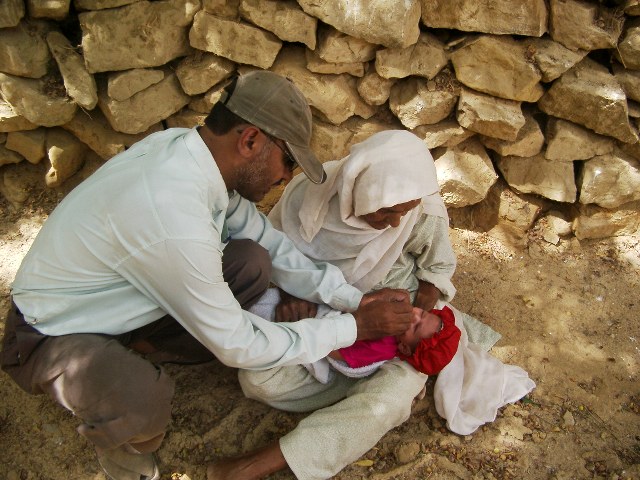
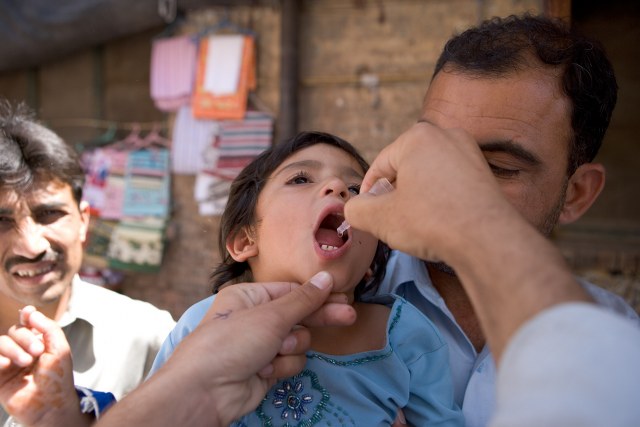
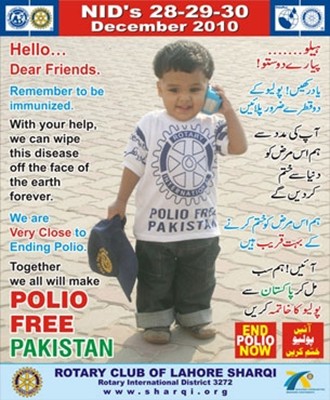
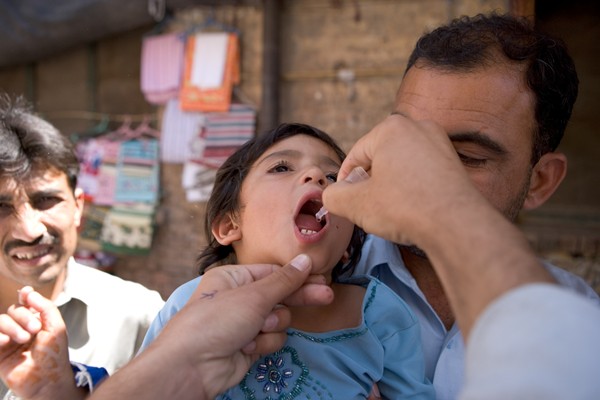
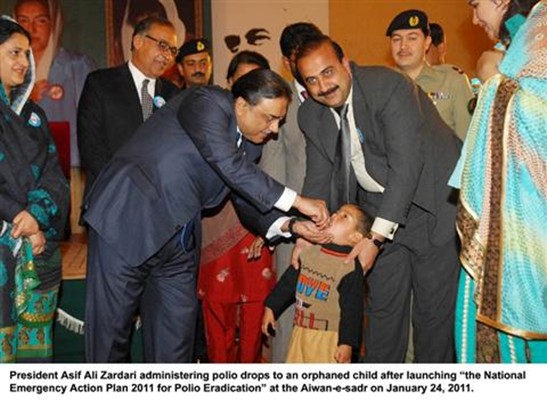

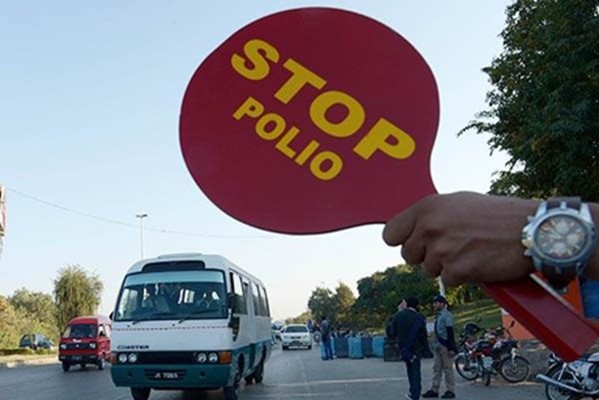 All around the world they’re much the same… they’re red and round with big bold lettering.
All around the world they’re much the same… they’re red and round with big bold lettering.





